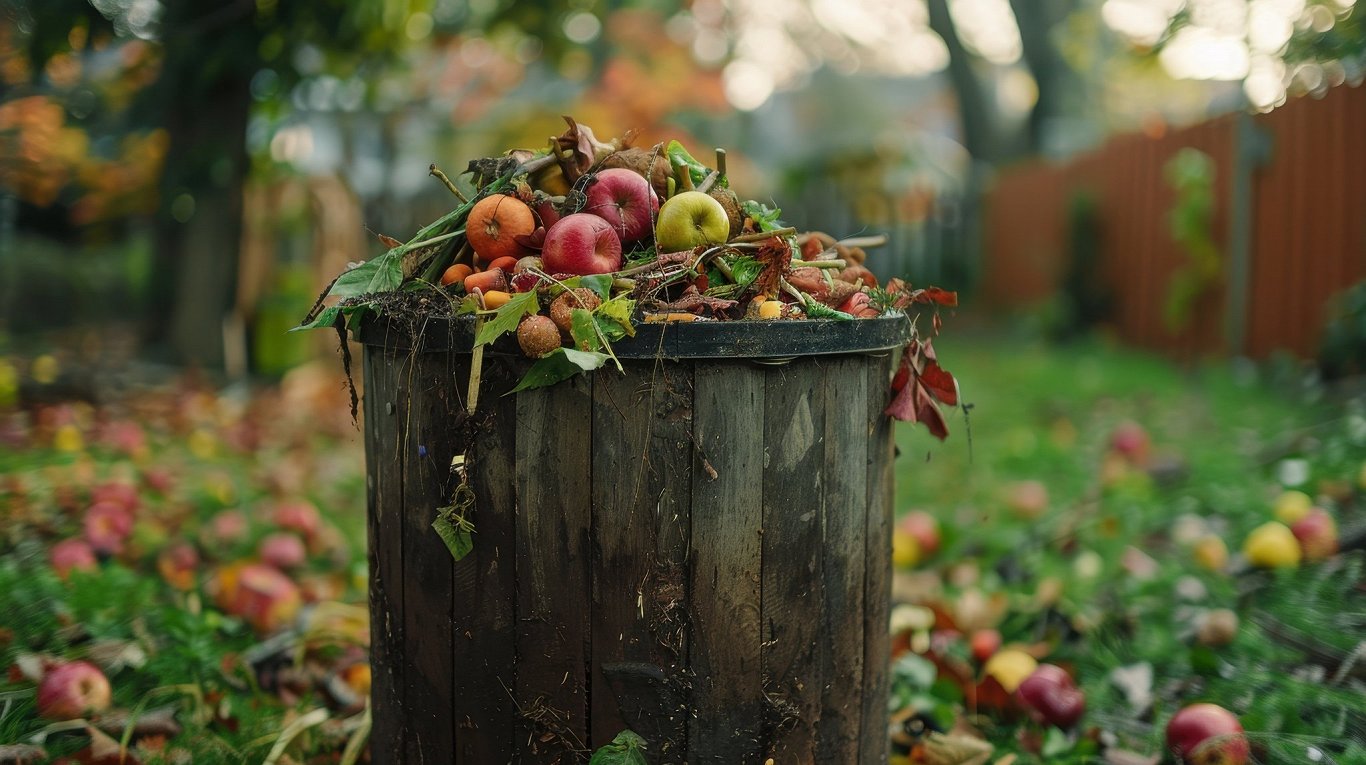While it may seem like a small thing to dump biological mass in a forest, it is in fact a major threat to natural diversity, the Nature Conservation Agency (DAP) says.
Where garden waste is dumped, species from gardens that are not native to natural habitats end up in the forest. Invasive plant species are also introduced, including the Spanish slugs which are a menace in any garden.
"The forest is not a dumping ground for excess apples or other garden produce. It is an unnecessary interference with natural processes," said the DAP, explaining that additional humus in the forest changes the vegetation. On steep slopes, erosion is indirectly promoted.
The DAP also explained that bio-waste in forests is not aesthetic; it attracts wildlife and changes their behavior; spreads invasive species; damages trees by interfering with the natural oxygen supply to the roots; alters natural habitats and negatively affects biodiversity.
The Nature Conservation Agency recommends:
- compost the collected bio-waste on your private land by setting up a compost heap, thus providing excellent fertilizer for your garden;
- find a way to send this waste to landfill;
- have your bio-waste collected by your waste contractor.
Many municipalities have bio-waste collection sites where people can take their bio-waste - apples, grass clippings, weeds (without soil), and fine twigs - free of charge.

























